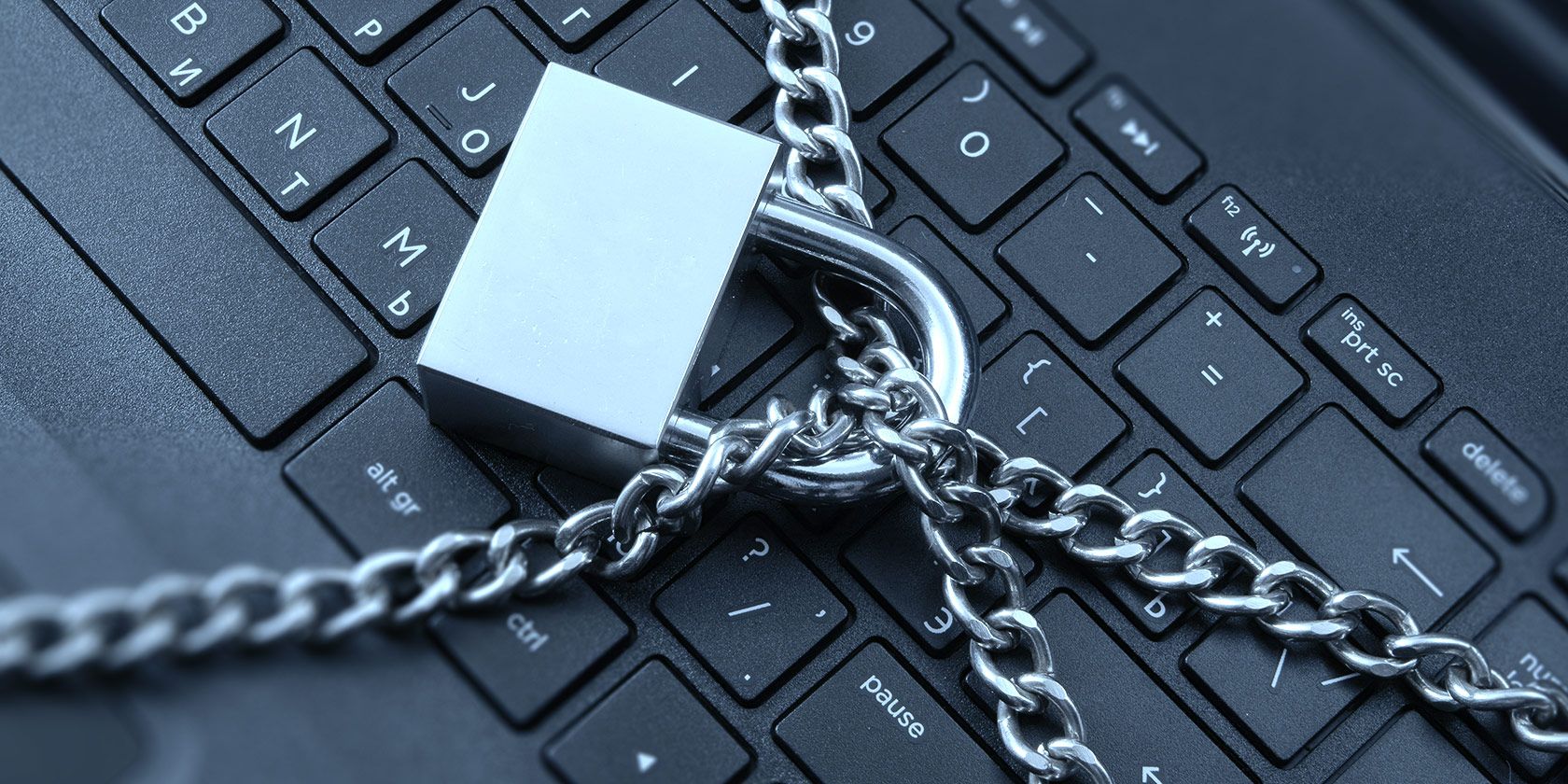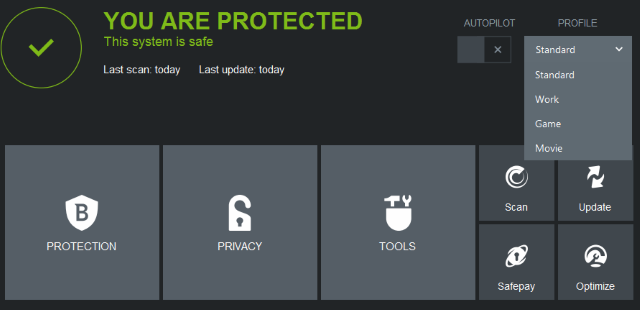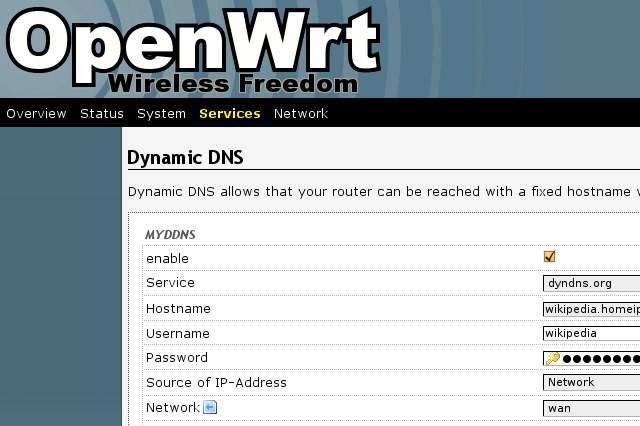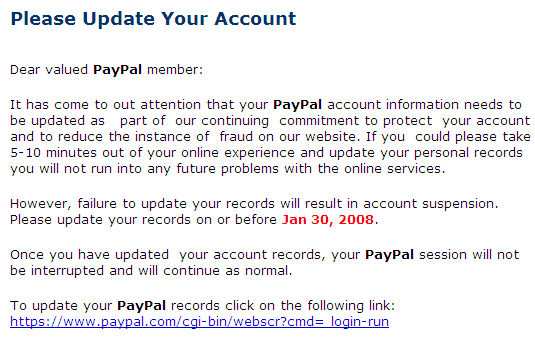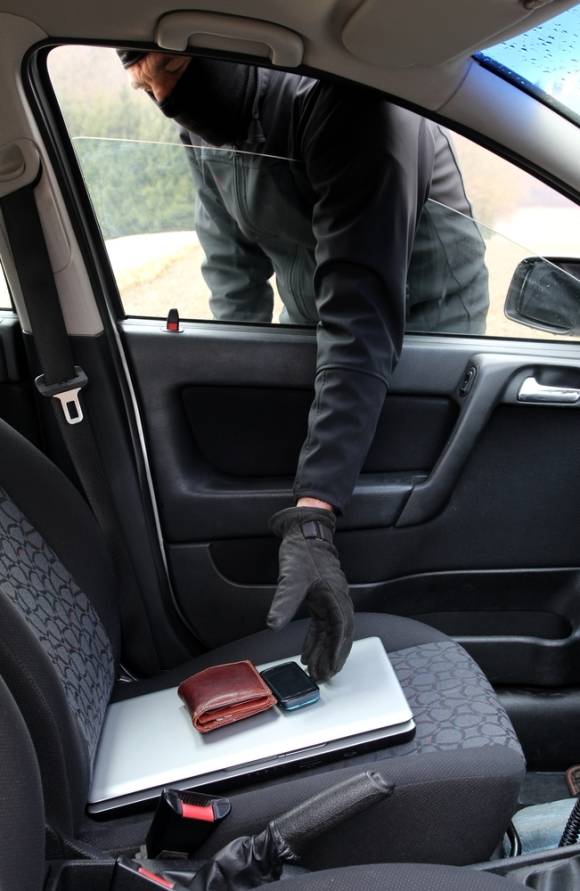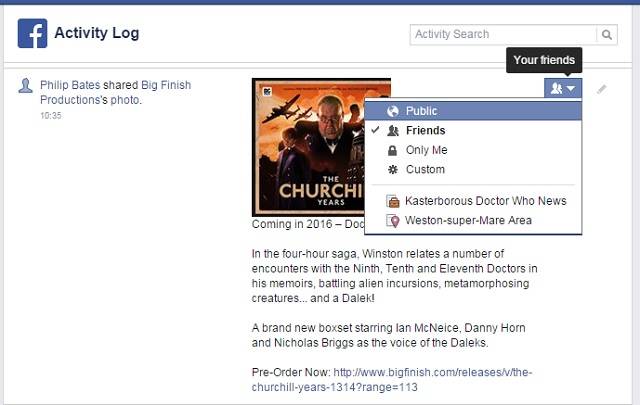Being aware of the importance of online security and privacy is a key aspect of using connected technology. Many people log on and browse; they read spam email, click links to dodgy websites, and shrug when their phone or laptop is stolen.
No really, these people exist. You might know them.
You might be them (although your presence here suggests otherwise).
Awareness is half the battle. Using the right tools and behaviors is the other. We've collated the following to help you get to grips with how to keep your personal information out of the hands of hackers, scammers, and online criminals.
Online Security Suites
If you're reading this without the support of an online security tool, you're making a big mistake. At the very least you should have Windows Defender active; at best, you should employ a premium tool like BitDefender or free options like Avast Free Antivirus.
Security suites combine firewall applications, anti-virus scanning, and live checks on running processes to ensure no malicious software is active on your PC. They might also include password management and secure wallet tools for keeping your credentials safe when logging into websites and making payments online.
Omitting to use one of these tools on a Windows computer is risky. Threats can come from all angles, through your browser, your email inbox, via shortened URLs on Twitter, and a security suite will keep you safe.
Standalone Anti-Malware Tools
You should also be employing at least one standalone anti-malware tool to scan for and deal with any malware and adware that ends up on your system. It's very tough to run a computer without picking up something malicious, whether it's some aggressive advertising cookies or something far worse like ransomware.
Using anti-malware tools in conjunction with a security suite will help cover any gaps in your security suite's coverage. Regular checks will help to keep your personal data safe.
If you're not already using Malwarebytes Anti-malware, this should be your first choice. But also consider alternatives like Spybot - Search & Destroy and SUPERAntispyware, as well as learning how to spot malware on your system.
Use Your Router Firewall for Extra Network Defense
With a security suite installed, your computer's firewall is configured on your behalf. But for the best results, you'll need to confirm that your router's firewall is also set up correctly. On many devices that have been used straight out of the box, this isn't the case.
Some routers ship with default settings so lax that it is possible for attackers to access devices on your home network without even using a password. It is, therefore, imperative that you spend some time correctly configuring things correctly, consulting the manufacturer's documentation for the best results.
Anti-Spam Tools will Protect Your Inbox
The explosion of webmail from Gmail and Microsoft Outlook has resulted in fewer people bothering with desktop email apps, which in turn has led to less reliance on anti-spam tools.
After all, Gmail and Outlook will find and block spam and malware, right?
Well, no, not quite. In practice, both systems are prone to letting spam email pass through the net, and often these are phishing emails. Usually, these are designed by scammers to look as authentic as possible and persuade you with a few official-looking images and words to part with your credentials to PayPal (particularly lucrative for scammers), eBay, Facebook, and even your online banking account, by forwarding you to a spoof webpage and waiting for you to login. Your credentials are then harvested, and your identity stolen.
Learning how to spot a malicious email is important, but so is employing anti-spam tools on any desktop email app that you use.
Keep Your Hardware & Data Out of Sight
Hardware theft is a continuous problem. Whether you use a smartphone or tablet, or a laptop, there is always a risk that some crook will come along and divorce you from your beloved device, either physically, or with smartphone malware.
Perhaps the best way to avoid having your data stolen is to keep it out of sight in public. While walking through busy areas, keep your phone in your pocket, and use a Bluetooth earpiece to receive and take calls (not doing anything to draw attention to yourself would be better, however).
In bars and restaurants, keep your phone in your pocket, not on the table. Text messages don't have to be read immediately.
If you really do have to use a tablet or laptop in public, make sure you avoid using public Wi-Fi networks, which are typically unsecure and can harbor malware and attackers ready to sniff your credentials or fool you with a man-in-the-middle attack. Either use a tethered connection to your smartphone's mobile Internet, or employ VPN software to create a secure link to the Internet (although be aware of the threat from DNS leaks).
The same applies at home, too. If you need to leave town without your important hardware, make sure it is secure locked away, or at least hidden.
Prey Your Stolen Hardware Is Found
In the event that your hardware is stolen, your data is at risk. For devices where the data is encrypted (such as the iPhone) you should be fine, as the passcode is needed to unlock and decrypt your data.
To protect your hardware and give you an opportunity to retrieve it, you should install the Prey device protection and recovery solution. This is a free app (for up to three devices; paid plans add support for more hardware) that offers versions for Windows, Ubuntu (and other Linux distros) Mac OS X, Android, and iOS.
Once installed, Prey can be used to track your device, as well as remotely instruct it to behave in particular ways to frustrate the thief.
Keep Your Facebook Activity Private
Public settings on Facebook are a security nightmare. If sharing personal photos and thoughts along with a load of personal information wasn't bad enough, Facebook also encourages you to share this data with third parties, in the shape of websites, apps, and games.
It is, therefore, a good idea to be familiar with Facebook's various security settings.
At the very least you should be disabling app associations (which you can adjust in Settings > Apps, clicking the X next to each), but for the best results, ensure your default setting for sharing links, photos, and status updates is set to "Friends" rather than "Public". There are many other ways you can reclaim your privacy from Facebook.
Actually, scratch that: for the best results, quit Facebook, and don't go back (although they'll still be able to track you).
Seven is a lucky number, but you don't need luck to keep your data and personal information safe; you just need to understand the risks and behave appropriately.
How would you add to this list? Do you have a great security habit, trick or tip to share? Give us your suggestions in the comments.
Image Credit: Cyber safety via Shutterstock, A pickpocket with mask via Ljupco Smokovski

